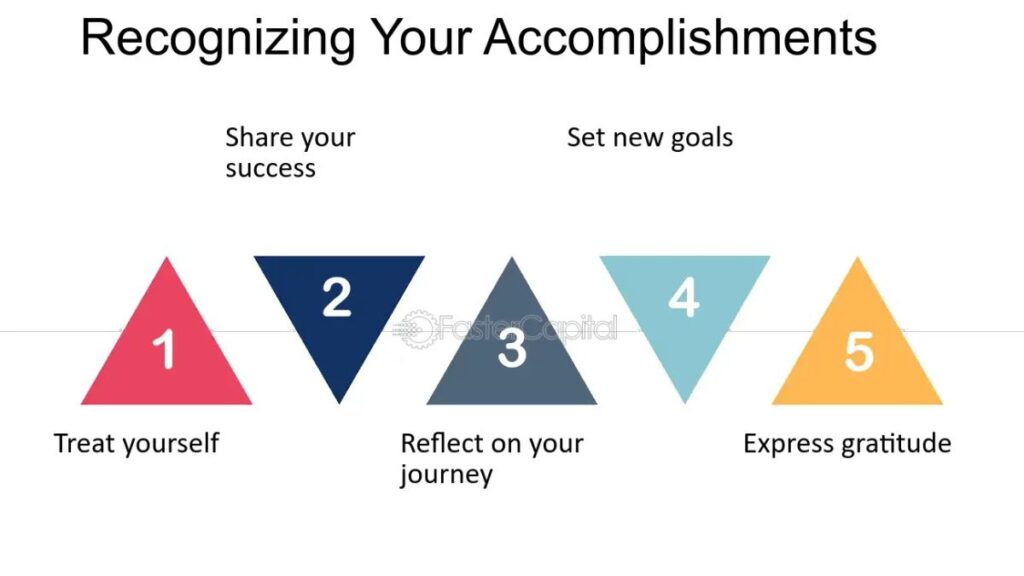Success is a concept that resonates with everyone, yet its definition can vary significantly from person to person. For some, success may equate to achieving financial independence, while for others, it could mean personal fulfillment or making a positive impact on the world. Regardless of how one defines success, it is crucial to understand that the journey towards achieving it is often fraught with obstacles. These challenges can take many forms, including personal limitations, external circumstances, and societal pressures. However, overcoming these obstacles is not only possible but can also be a transformative experience that leads to greater resilience, adaptability, and ultimately, success. This article explores the various obstacles individuals face on their pathways to success and provides insights into strategies for overcoming these challenges.
Understanding Obstacles on the Pathway to Success
Obstacles are an inherent part of life and can manifest in various forms. Common obstacles include financial limitations, lack of education or skills, negative mindset, fear of failure, and external pressures from family or society. These challenges can be discouraging and may lead individuals to abandon their goals. However, it is essential to recognize that obstacles are not insurmountable barriers but rather opportunities for growth and learning. Understanding the nature of these challenges is the first step in overcoming them.
The Role of Mindset in Overcoming Obstacles
One of the most significant barriers to success is often an individual’s mindset. A fixed mindset can lead to self-doubt and a fear of failure, causing individuals to shy away from challenges. Conversely, a growth mindset—believing that abilities and intelligence can be developed through hard work and dedication—can empower individuals to tackle obstacles head-on. Research by psychologist Carol Dweck emphasizes the importance of adopting a growth mindset, as it fosters resilience and a willingness to learn from setbacks.
When faced with challenges, it is crucial to reframe one’s thinking. Instead of viewing obstacles as failures, individuals should see them as stepping stones toward success. This shift in perspective can motivate individuals to persist through difficulties and find innovative solutions. For example, consider Thomas Edison, who famously said, “I have not failed. I’ve just found 10,000 ways that won’t work.” This mindset allowed him to continue experimenting until he successfully invented the lightbulb.
Setting Clear Goals and Priorities
Another essential strategy for overcoming obstacles is setting clear, achievable goals. Without a clear direction, it is easy to become overwhelmed by challenges and lose sight of the ultimate objective. Establishing specific, measurable, attainable, relevant, and time-bound (SMART) goals can help individuals stay focused and motivated.
Breaking down larger goals into smaller, manageable tasks can also make the journey seem less daunting. For instance, if an individual aims to start a business, they might break the process down into steps such as conducting market research, developing a business plan, and securing funding. By focusing on one step at a time, individuals can build momentum and confidence as they progress toward their ultimate goal.
Building a Support Network
The journey to success is rarely a solitary one. Having a supportive network of friends, family, mentors, or colleagues can make a significant difference in overcoming obstacles. These individuals can provide encouragement, share valuable insights, and offer assistance during challenging times.
Mentorship, in particular, can be invaluable. A mentor can offer guidance based on their experiences, helping mentees navigate potential pitfalls and identify opportunities for growth. Building relationships with others who share similar goals can also foster a sense of community and accountability. By surrounding themselves with positive influences, individuals can enhance their motivation and resilience.
Embracing Failure as a Learning Opportunity
Failure is often seen as a negative outcome, but it can be one of the most powerful teachers on the pathway to success. Embracing failure as a learning opportunity allows individuals to reflect on their experiences and identify areas for improvement. Instead of allowing setbacks to discourage them, successful individuals often analyze what went wrong, adjust their strategies, and try again.
For example, many successful entrepreneurs have faced numerous failures before achieving their goals. J.K. Rowling, the author of the Harry Potter series, faced rejection from multiple publishers before finally getting her big break. Her perseverance in the face of adversity ultimately led to one of the most successful book franchises in history. This illustrates the importance of resilience and the ability to learn from setbacks.
Cultivating Resilience
Resilience is the ability to bounce back from adversity and continue moving forward despite challenges. It is a crucial quality for anyone on the pathway to success. Cultivating resilience involves developing coping strategies and maintaining a positive outlook even in difficult situations.
Practicing self-care, such as engaging in physical activity, maintaining a healthy diet, and prioritizing mental well-being, can enhance resilience. Additionally, developing problem-solving skills can empower individuals to approach challenges with confidence. Resilient individuals tend to view obstacles as temporary and manageable, rather than permanent roadblocks. This mindset enables them to navigate the ups and downs of their journeys more effectively.
Leveraging Resources and Tools
In today’s digital age, numerous resources and tools can assist individuals in overcoming obstacles. Online courses, webinars, and self-help books provide valuable knowledge and skills that can help individuals enhance their capabilities. Additionally, technology offers various tools for organization, time management, and productivity, allowing individuals to streamline their efforts toward achieving their goals.
Networking platforms, such as LinkedIn, can also provide access to mentors, industry professionals, and potential collaborators. By leveraging these resources, individuals can expand their knowledge, build connections, and find support, making it easier to navigate obstacles.
Maintaining Perseverance
Perseverance is a crucial trait for anyone pursuing success. The ability to persist in the face of challenges is what separates those who achieve their goals from those who give up. Maintaining perseverance involves staying committed to one’s vision and goals, even when the path becomes rocky.
Celebrating small victories along the way can help maintain motivation. Acknowledging progress, no matter how minor, reinforces the belief that success is achievable. Additionally, maintaining a positive attitude and focusing on the journey rather than solely on the end goal can make the process more enjoyable and fulfilling.
Conclusion
Overcoming obstacles is an essential part of the pathway to success. By understanding the nature of challenges, adopting a growth mindset, setting clear goals, building a supportive network, embracing failure, cultivating resilience, leveraging resources, and maintaining perseverance, individuals can navigate their journeys more effectively. Success is not solely defined by the destination but also by the lessons learned and the growth experienced along the way. As individuals encounter and overcome obstacles, they develop the skills and mindset necessary to thrive, ultimately paving the way for a successful and fulfilling life.






